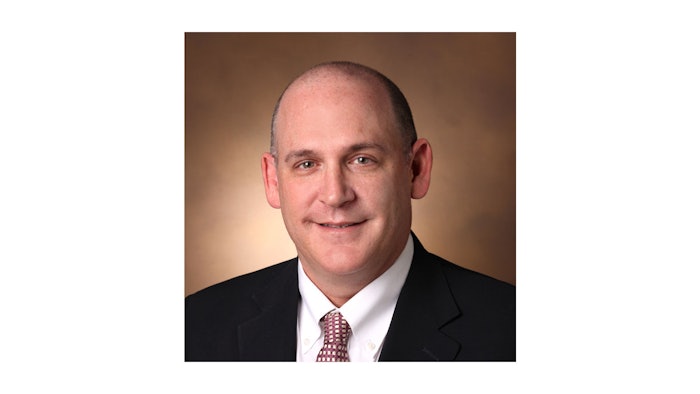Clinical Trials in Progress expands to showcase more research
AUA2025 offers greater access to groundbreaking future treatments in urology.

The lineup of Clinical Trials in Progress (CTiP) presentations is expanding this year after a standing-room-only introduction at the 2024 AUA Annual Meeting. AUA2025 attendees can pick and choose updates on as many as 45 CTiPs across multiple subspecialties in urology on Saturday and Monday.
“People come to the AUA’s Annual Meeting to keep their clinical skills up to date and to learn about the latest treatments,” said AUA Secretary David F. Penson, MD, MPH, MMHC, professor and chair of urology and Hamilton and Howd Chair in urologic oncology at Vanderbilt University Medical Center in Nashville. “So why not give them a sneak peek of what to expect in the next decade? That’s what the CTiPs are: a crystal ball showing groundbreaking future treatments in urology.”
Principal investigators will present the latest data from the most important clinical trials across urology currently in progress in three two-hour sessions in the Learning Lab, adjacent to the Science & Technology Hall. Each session includes 15 trials with time for a Q&A after each presentation.
- Benign disease | Saturday, 1-3 p.m.
- Bladder cancer | Monday, 9-11 a.m.
- Prostate and kidney cancer | Monday, 1-3 p.m.
Results to date from all 45 trials will also be published in a supplement to The Journal of Urology® on Friday.
CTiP began with the realization that even though urologists are continually developing new agents and devices that are tested and tweaked through the clinical trial process, AUA’s Annual Meeting had no platform to present trials that had not yet been completed. Attendees had no real opportunity to learn what novel developments might be coming down the pike over the next few years.
“We are looking for studies that, when they’re completed, are going to change the way we practice urology,” Dr. Penson said. “My hope is that many of the trials we see in the CTiP sessions this year will be presented in the plenary a few years from now as practice-changing, paradigm-shifting (P2) studies. That is what we’re really looking for: studies that have real potential to materially change the way we treat our patients.”
Trials to be presented were selected in mid-February to represent the latest and most cutting-edge research across all of urology, Dr. Penson said. All of the studies are ongoing, and none have the final data and analysis that would bring them into more conventional Annual Meeting sessions.
“Beyond the obvious goal of increasing awareness of future innovations in urology, hopefully these sessions will underscore the importance of clinical trials in urology,” he said. “These studies, the vast majority of which are randomized studies involving large numbers of patients, are crucial to advancing the field and these sessions help accentuate this.”











